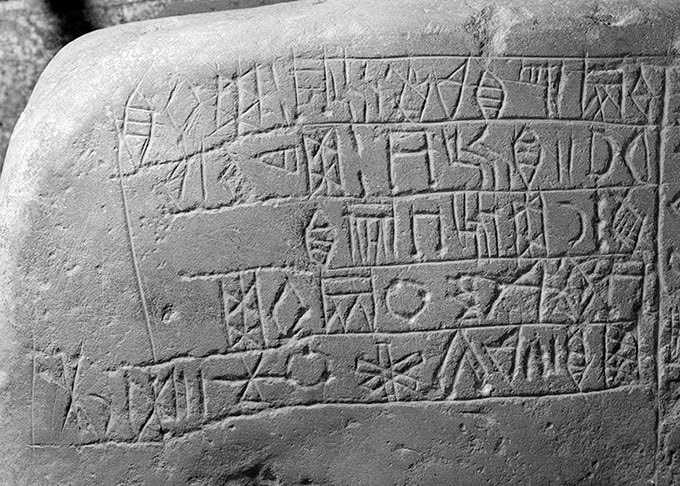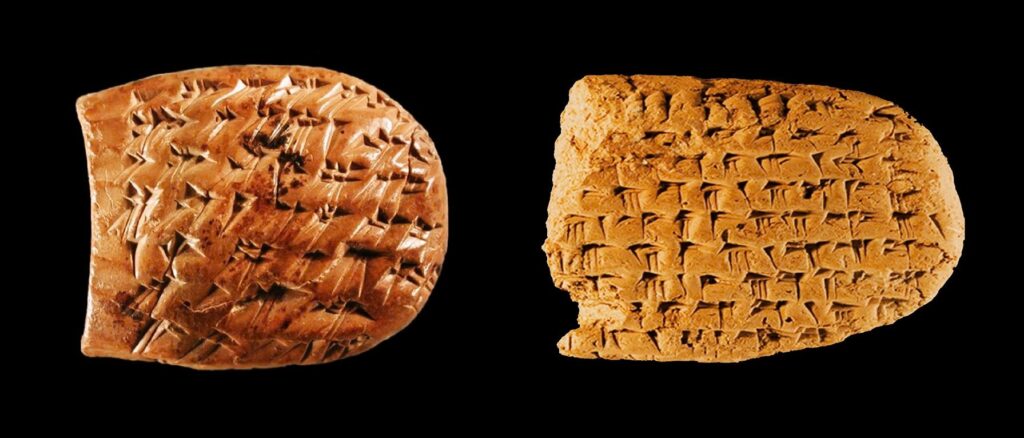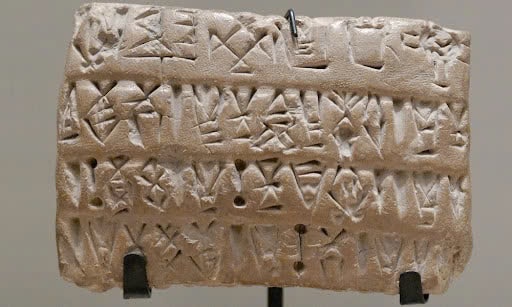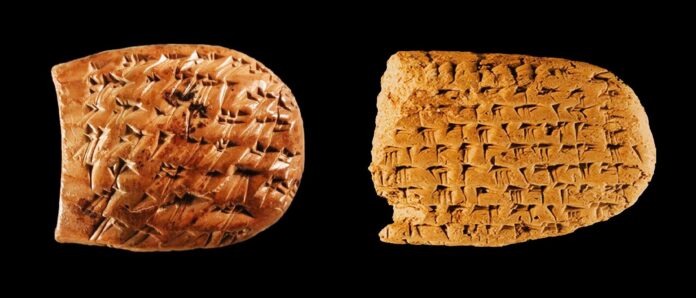Decoding the Past: Achaemenid Clay Tablets Reveal Economic Insights
The Royal Treasury’s Silver Standard

In a groundbreaking study, Iranian archaeologist Soheli Delshad and his team have uncovered fascinating details about the economic practices of the ancient Achaemenid Empire. By deciphering inscriptions on clay tablets from the reign of Darius the Great (522-486 BC), researchers have confirmed that workers in this mighty Persian kingdom were paid their wages in silver coins.
A Glimpse into Ancient Accounting

The study examined 33 clay tablets, with 28 from Persepolis’ royal treasury and 4 from a fort archive. These tablets, bearing Elamite cuneiform script, served as accounting records detailing payments to 136 workers, including plasterers and bricklayers. This discovery marks the first concrete evidence of silver-based wage payments in the Achaemenid era.
From Chicago to Iran: The Journey of Ancient Artifacts

The tablets, part of a larger collection on loan to the University of Chicago’s Oriental Institute since 1935, were returned to Iran in 2019. This repatriation has fostered increased collaboration between Iranian and American researchers, opening new avenues for understanding the economic, social, and religious history of the Achaemenid Empire and the broader Near Eastern region in the 5th century BC.
The Language of an Empire
The tablets were written in Elamite, an extinct language once spoken in the ancient nation of Elam. This study not only sheds light on the empire’s financial practices but also contributes to our understanding of the evolution of the Elamite language, from its earliest pictographic form to the cuneiform script used during the Achaemenid period.

Through this remarkable discovery, we gain invaluable insights into the administrative genius of Darius the Great and the sophisticated economic systems that helped sustain one of history’s most powerful empires.

